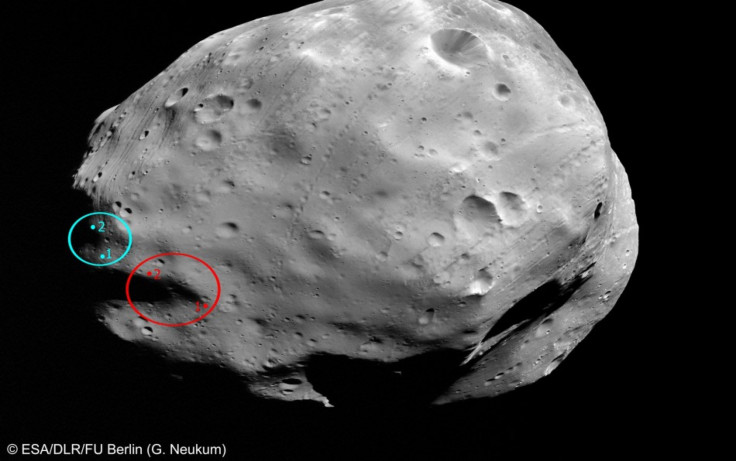Mars Probe Dying in Earth Orbit
Russian Probe Silent, Stuck Near Earth

A Russian probe bound for the red planet has been almost entirely silent since its early November launch, and the European Space Agency has announced they are giving up trying to contact it. The Phobos-Grunt probe was supposed to be crossing the roughly 200 million kilometers between the Earth and Mars before ESA engineers realized it was not responsive. Scientists made brief contact with the probe only once, and are now giving up. Russian engineers, however, will be trying to regain contact with the probe until crashes back to Earth.
Phobos-Grunt was scheduled for a mission to land on the Martian moon Phobos to collect rocks for a return trip to Earth, but is now in orbit around 200km above us. Russian engineers will try to gain control of the probe to at least get it up higher so they have more time to plan before it crashes down. That may or may not happen, but either way, the probe won't be going to Mars anyway. Mars' orbit is not synchronized with Earth's, and so a mission like this needs to be planned so that the planets are in the right alignment. Mars is now moving away from Earth, so it's just too far to get there with the delay. It the probe cannot be hoisted further up into orbit, it will crash down at an as yet unknown location. It weighs 13 tons and is about the size of a truck. Furthermore, the engineers responsible for the failure could face prosecution, Russian President Dmitry Medvedev said. Because it's a government mission Medvedev said he wants to investigate the failure and, if necessary, mete out proper punishments. If and when the probe does re-enter Earth's atmosphere, at least its eight tons of liquid nitrogen fuel will burn up before impact. Orbital debris experts will no doubt use the Phobos-Grunt probe as a learning tool if does crash. One idea is to use materials that will burn up on re-entry in case of an emergency.
© Copyright IBTimes 2024. All rights reserved.





















